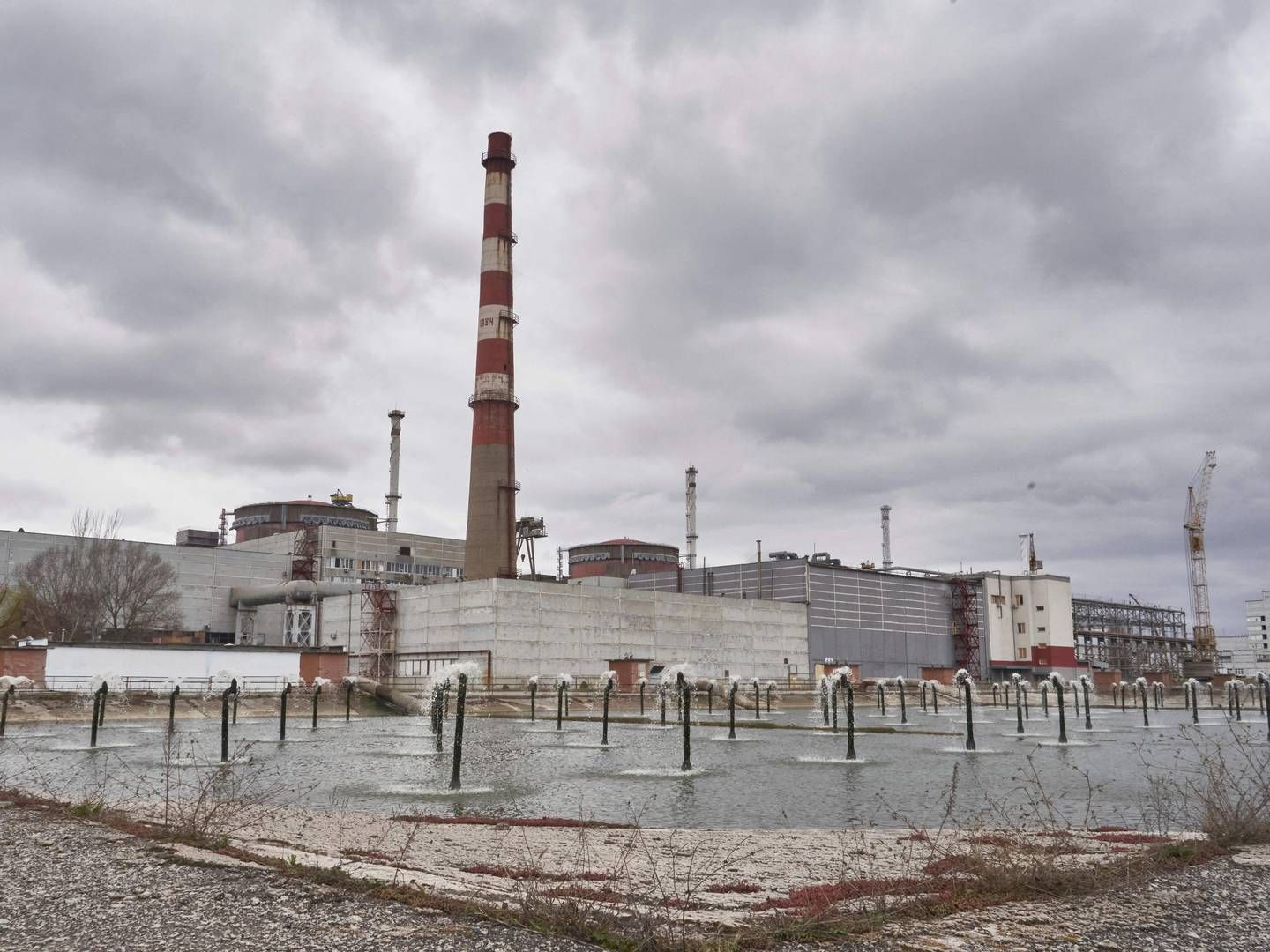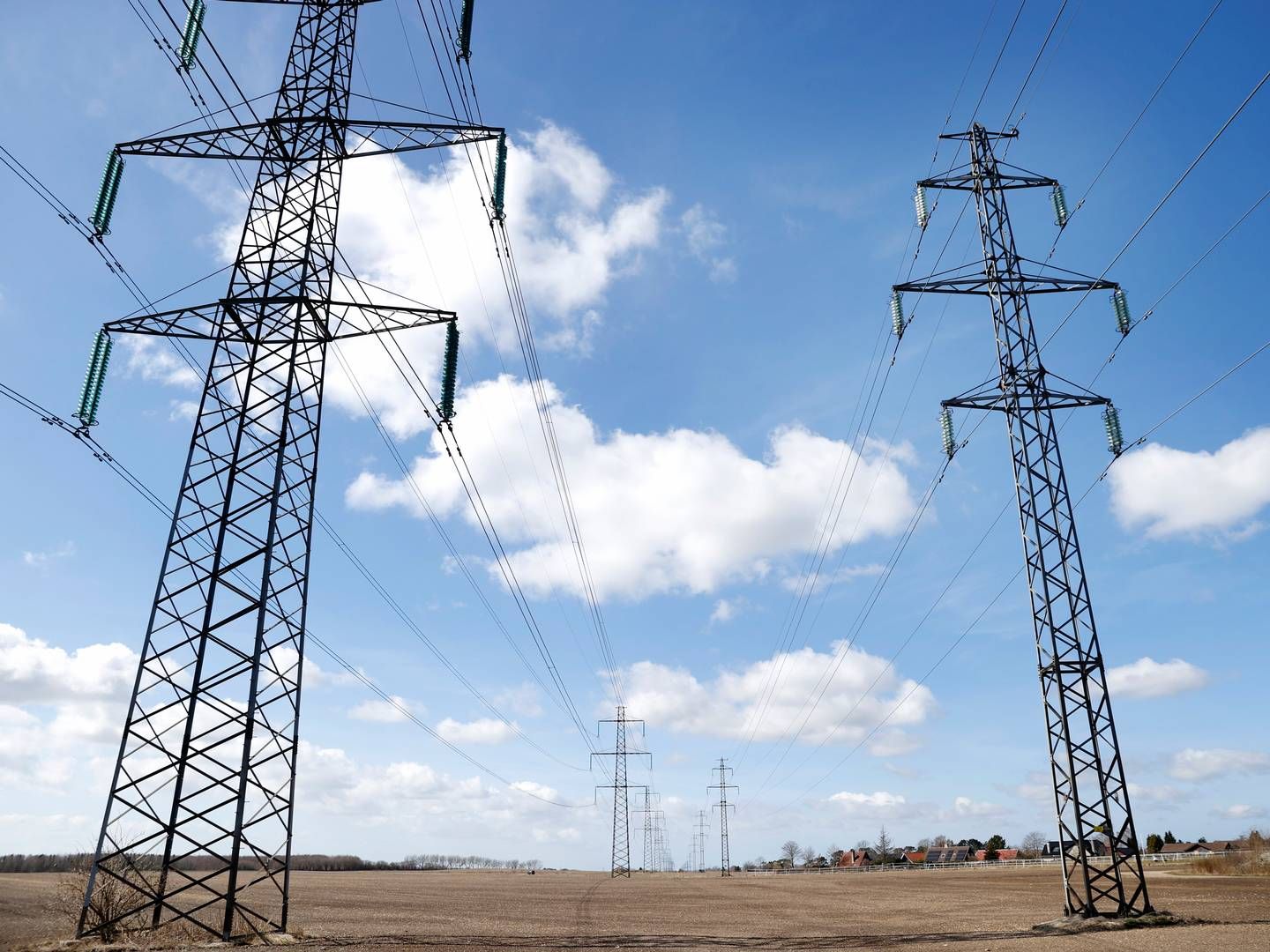Japan allows nuclear reactors to operate beyond 60 year limit

Japan passes legislation which provides the opportunity for the country’s nuclear reactors to operate beyond the current limit of 60 years, writes news agency AFP.
This happens amid the nation’s attempts to reinvigorate the sector in order to meet energy challenges and climate targets, among other factors.
Under the new law, the age cap technically remains 60 years, but the new rules allow operators to exclude periods of shutdown when calculating the total years of operation.
The Japanese government seeks to ”ensure a stable supply of electricity,” writes the Japanese ministry of economy, trade and industry.
Additionally, the government pledges to push ”carbon-free power resources”.
Japan attempts to reinvigorate a nuclear sector that was put to a screeching halt after the 2011 Fukushima disaster caused by a deadly tsunami.
Most of Japan’s nuclear reactors remain idled today.
The current global energy crisis, however, has reignited the debate on the subject. Polls show that the Japanese people’s views on the use of nuclear power are less critical.
The law that extends the potential operation of reactors also includes further security measures.
Companies behind the reactors moreover need approval from Japanese authorities in order to deduct the periods in which the reactors have been shut down.
According to German news agency Deutsche Presse-Agentur, dpa, the Japanese government seeks to get between 20-22% of its power supply from nuclear power by 2030. This requires almost 30 reactors to be put back into operation.
Thus far, ten reactors are operational.
News agency AP wrote in 2022 that less than 7% of Japan’s electricity comes from nuclear power.











.jpg&w=384&q=75)












